SME's, Stress and Scrutiny of Costs
At RFI we’re always keen to keep our finger on the pulse of SME sentiment. If we know how SME’s feel, then we can better assess the opportunities banks to better serve them.
In April, we acquired DBM Atlas and with it, a wealth of information on the business sector under which SME’s sit. This has enabled us to develop a business sentiment index, which – because of the large sample size – can be broken down into segments.
Business Sentiment
The Atlas Business Sentiment Index is measured monthly and in simple terms, shows the extent to which businesses are feeling optimistic or pessimistic about the economy and their prospects. A positive index result, means there are more optimists than pessimists, while a negative index result means the pessimists are in the majority.
When I look at the results over the last 3 years, a couple of things jump out at me. Firstly, at no point in 2023 have the optimists been in the majority. And secondly, at no point in the last 3 years have businesses been particularly optimistic – the highest index result was +0.048 in May 2021, which is likely to have been driven by relief that there was some light at the end of the Covid tunnel, rather than by any overt optimism.

Its tough at the bottom
It’s a stressful job running a business and that comes out very clearly in the sentiment index. However, when you look at data at a market-wide level, you obscure all manner of nuances, so it’s useful to break down the result by size of business – measured by number of FTE’s.
This is quite revealing and it shows that the most pessimistic of the business segments is the smallest – those employing fewer than 5 people. In fact, for these small businesses, there have only been 3 months in the last 36, where the index has tipped into positive territory. It’s an especially stressful job running a small business.
What makes this even more important is that these smallest businesses make up the vast majority of the business population – according to the ABS’ data, 88% of the 2.59 million businesses in Australia have 4 or fewer employees.

So what are these small businesses worried about? Is it their supply chain or their competition? RFI’s Australian SME Banking Council (ASBC) quarterly survey has the answer. It will come as no surprise that they cashflow is the global issue most likely to be concerning them, followed by the economy and then the everyday of running their businesses.

As businesses get larger, concerns over cashflow subside, while the stresses of managing resources in the form of staff get larger.
A focus on costs
So what does this mean? These small businesses are up against it from a cost perspective more so than any other business segment. And, if we take into account the current inflation and cost of living pressures, these small businesses are also up against it more so than at any other time in living memory.
This will impact on their decisions. We should expect them to be more price-focused and to scrutinise the cost of the products and services they use.
This shows up in RFI’s ASBC surveys too. Let’s take the example of credit cards for the SME sector. A critical product in the payments landscape for any business juggling cashflow considerations. We know that at the best of times, these businesses are cost-conscious and this comes through when we ask businesses for their most important considerations when choosing card – for the smallest businesses, the answer is:
1.The fee
2.The interest rate
3.The number of interest free days

Further, we can see in general that the usage of these credit cards is becoming more cost-dependent. When we ask businesses as a whole what would encourage them to use their cards more, the % that cite a lower interest rate has risen from 27% in March 2021 to 51% in March 2023.

And who is the most cost-conscious? You guessed it, the smallest businesses. The top three things that a card issuer can do to encourage greater usage among those with 5 or fewer employees are:
1.Lower interest rates (58% of responses)
2.More interest free days (49% of responses)
3.Discounts on products purchased (48% of responses)
Incentives would be nice – rewards points etc – but only for 28% of respondents. The focus, in case you missed it, is on costs.

The rub
For banks in the small business sector, this is key. Your customers are up against cost pressures more so than they probably ever have been. This is likely pervading all areas of their decision making – from the way they provide products and services to the products and services that they use themselves. Banking falls under the latter and these businesses will look to their banks for guidance and for help in navigating the market. The question is, are the banks ready to step up to plate?
Get in touch for more insights.
Subscribe to get the latest RFI data and insights.
About the Author
Alan Shields is the co-founder and a director at RFI Global, he oversees the design, roll-out and delivery of syndication and custom products to RFI Global’s clients globally. Alan has more than 20 years’ experience in research analysis and has spent his entire career focused on financial services across the globe including Europe, North America, the Middle East and Asia Pacific.
He has worked on syndicated and bespoke projects with every bank in Australia and New Zealand, with most major banks in the Asia Pacific region, as well as the major global banks. Prior to setting up RFI Global in 2006, Alan was Head of Financial Services – Asia Pacific at global research firm, Datamonitor, establishing Datamonitor’s financial services business in the Asia Pacific region in 2004, after relocating to Sydney from London. Alan began his career with Reuters in London as a financial services consultant, where he worked on the Nasdaq Europe project before moving to Singapore and focusing on wealth and risk management in the region. He is a regular speaker at thought leadership events across the US, Canada, Europe, Asia and Australia and authors regular articles on the latest global consumer banking trends.
He has a Bachelor of Science Degree in Physics from the University of Birmingham and studied his License de Physique at the Universite de Bordeaux I.






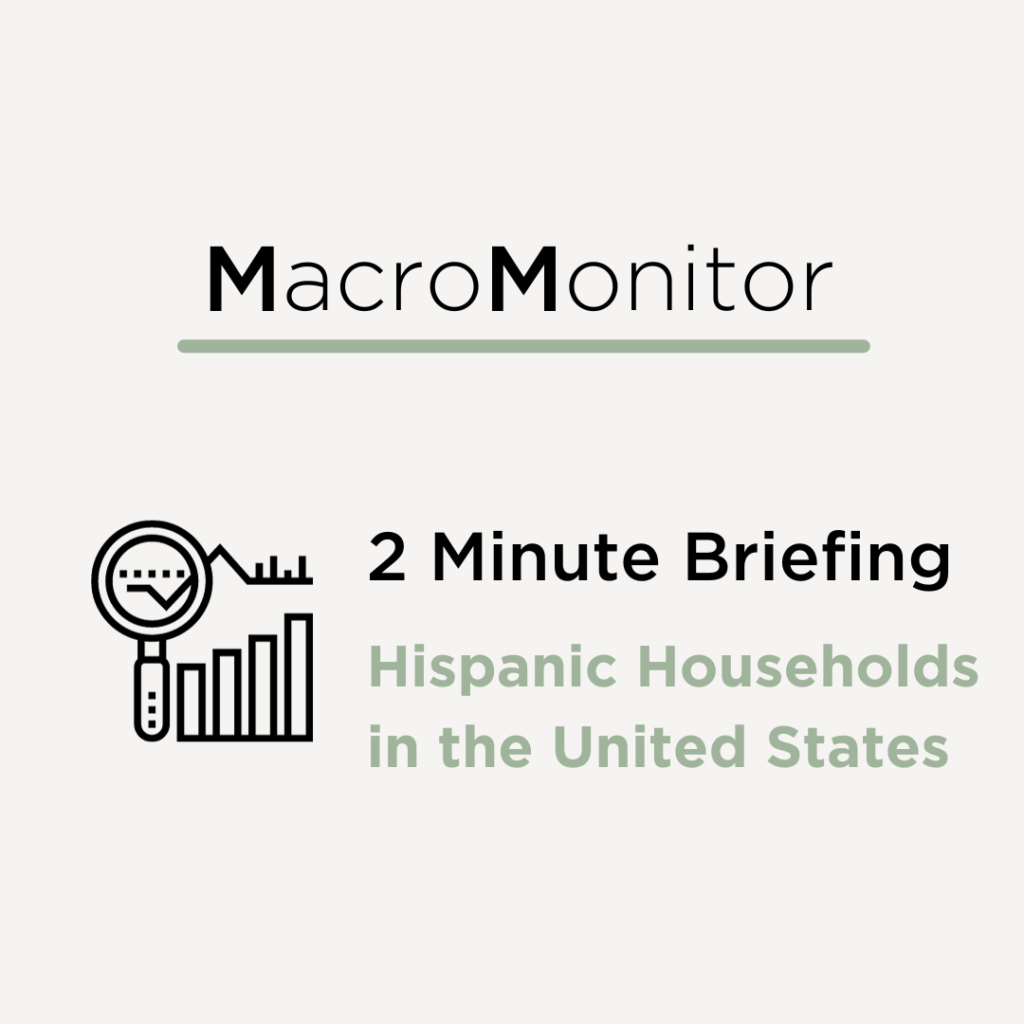













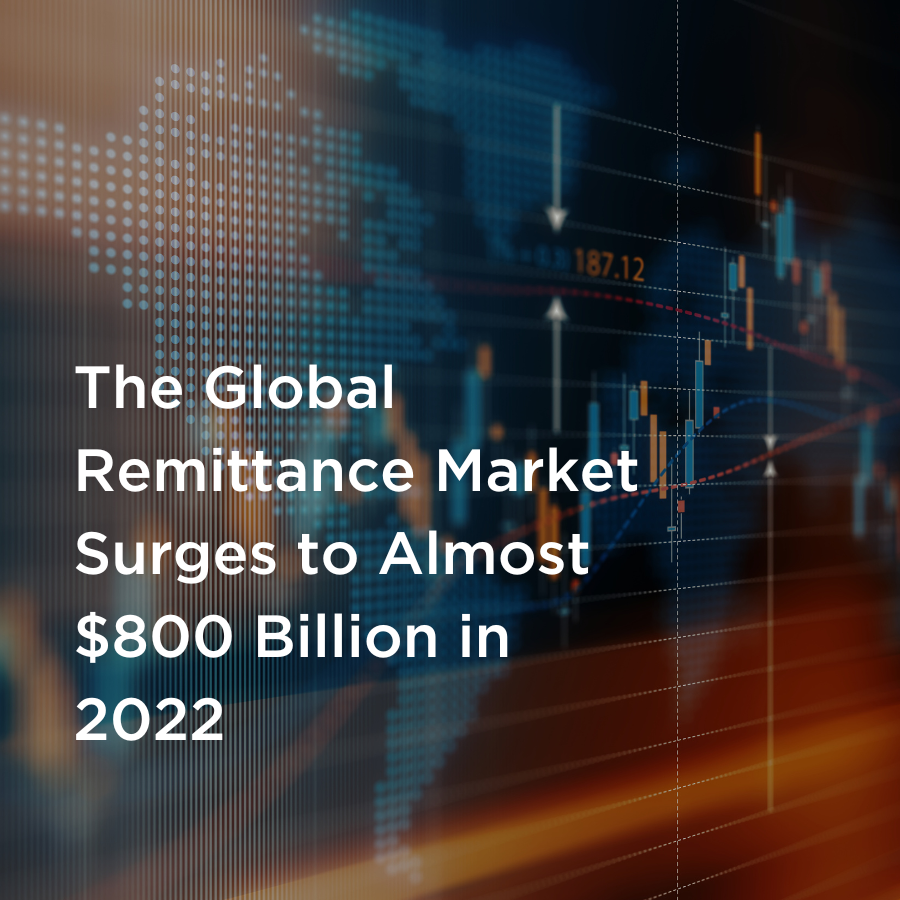





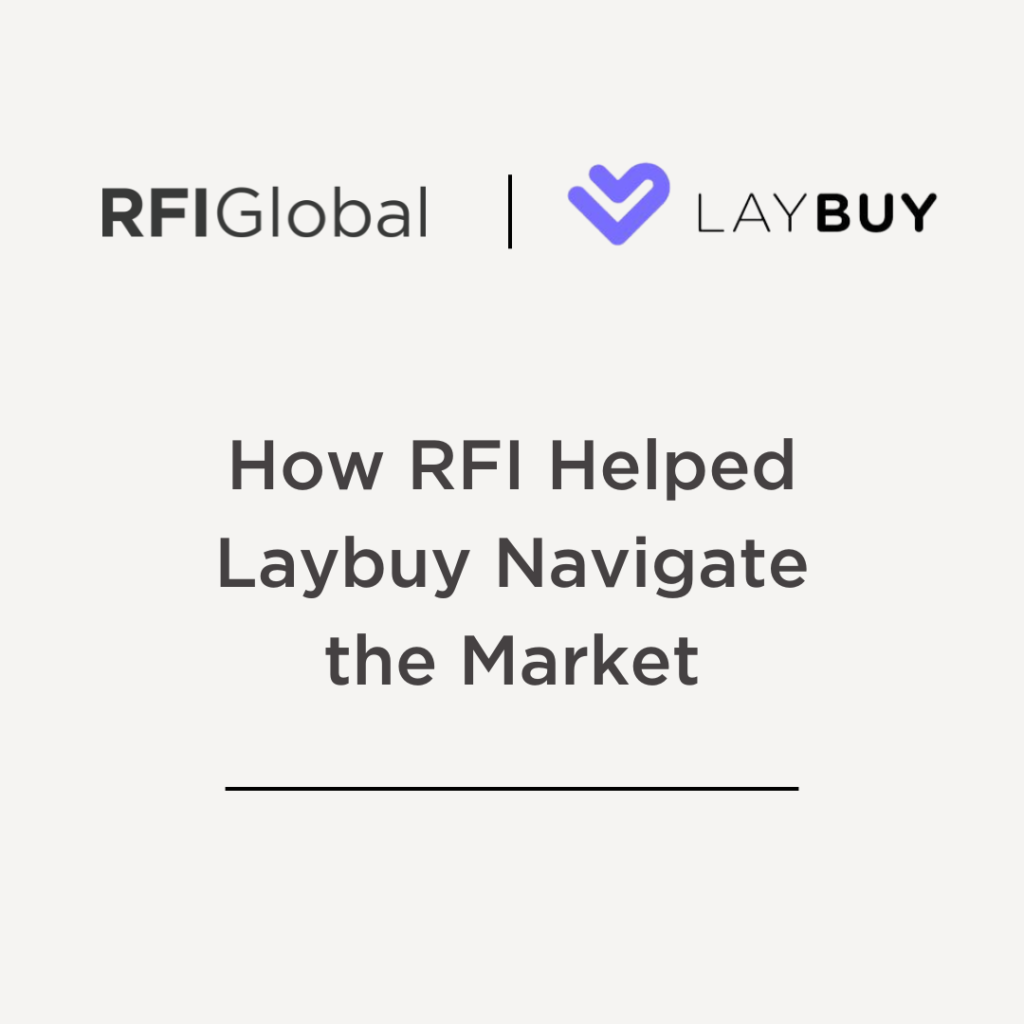



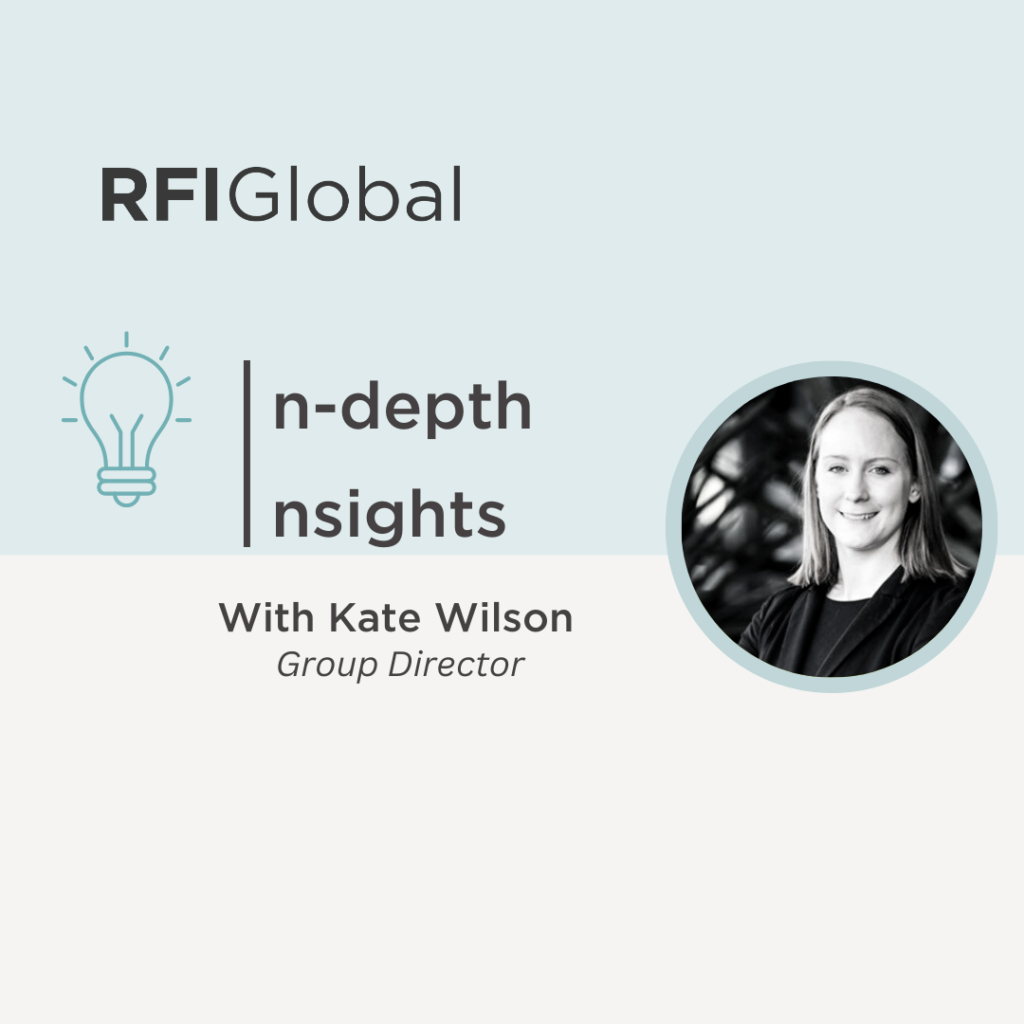

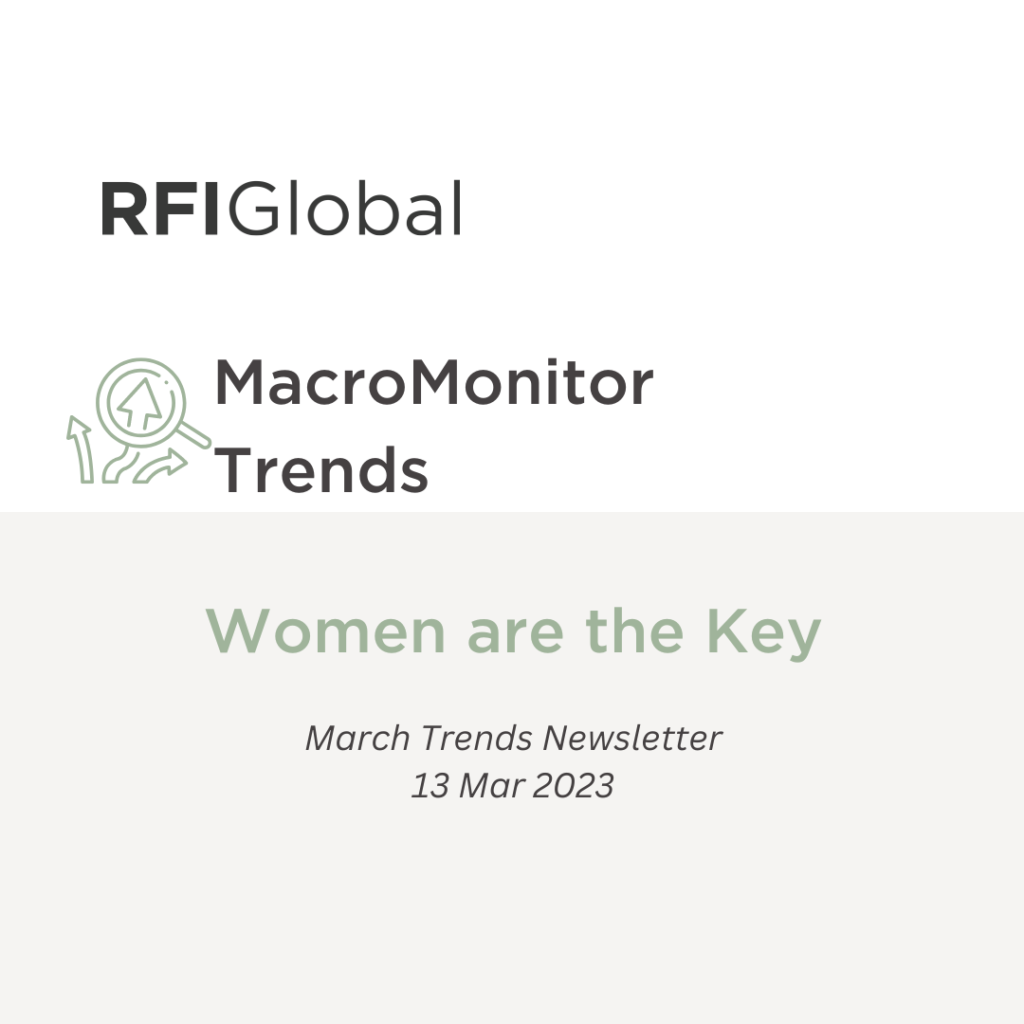


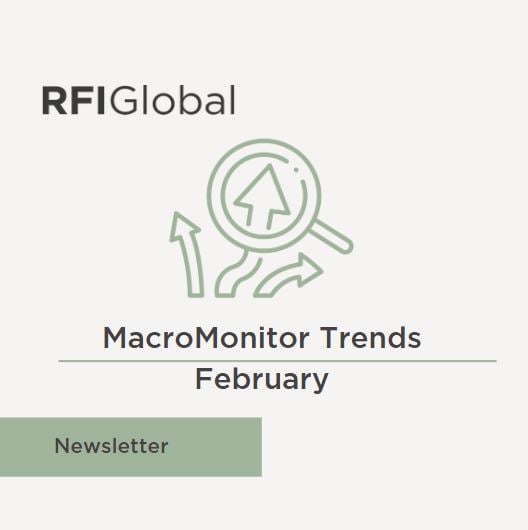



















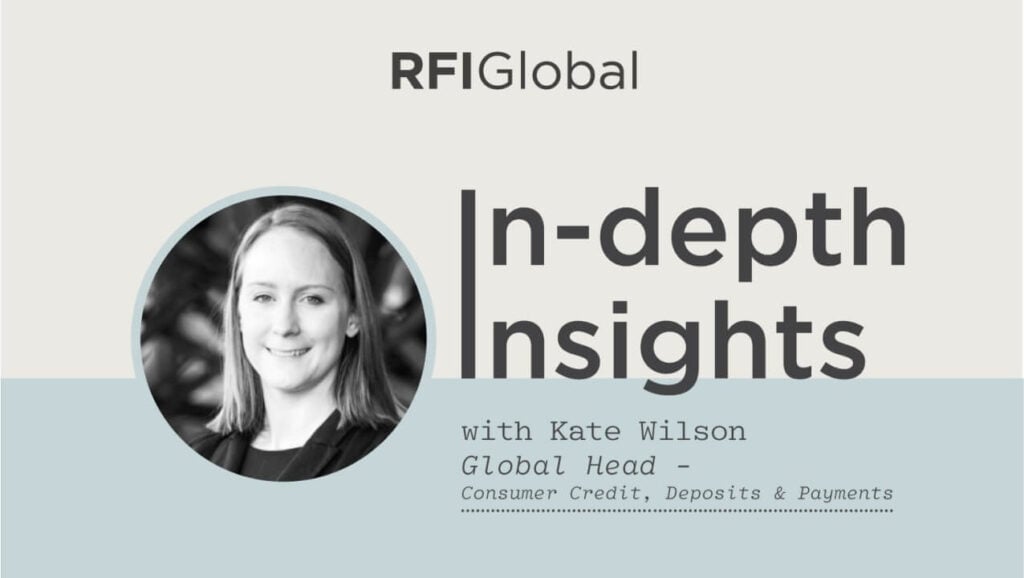













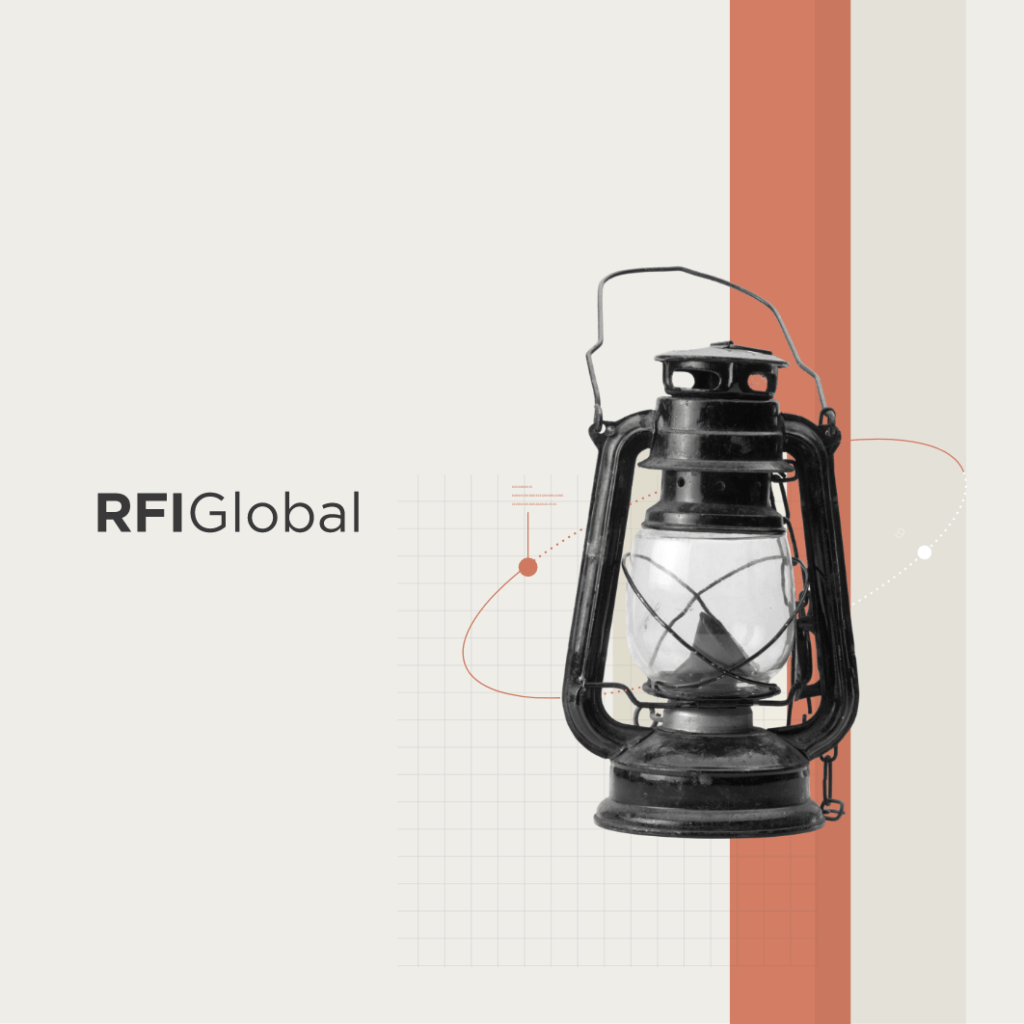

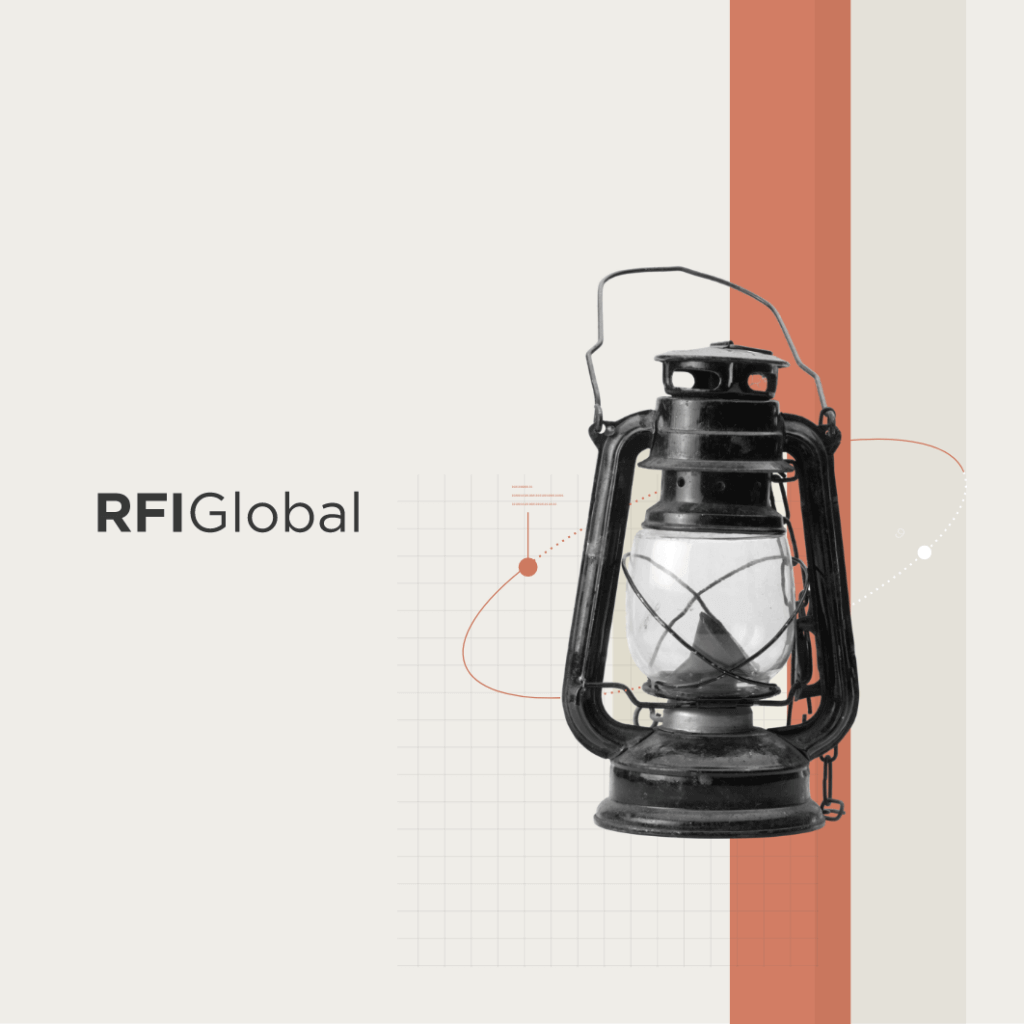
/NQA-ISO-27001-Logo-UKAS.jpg)